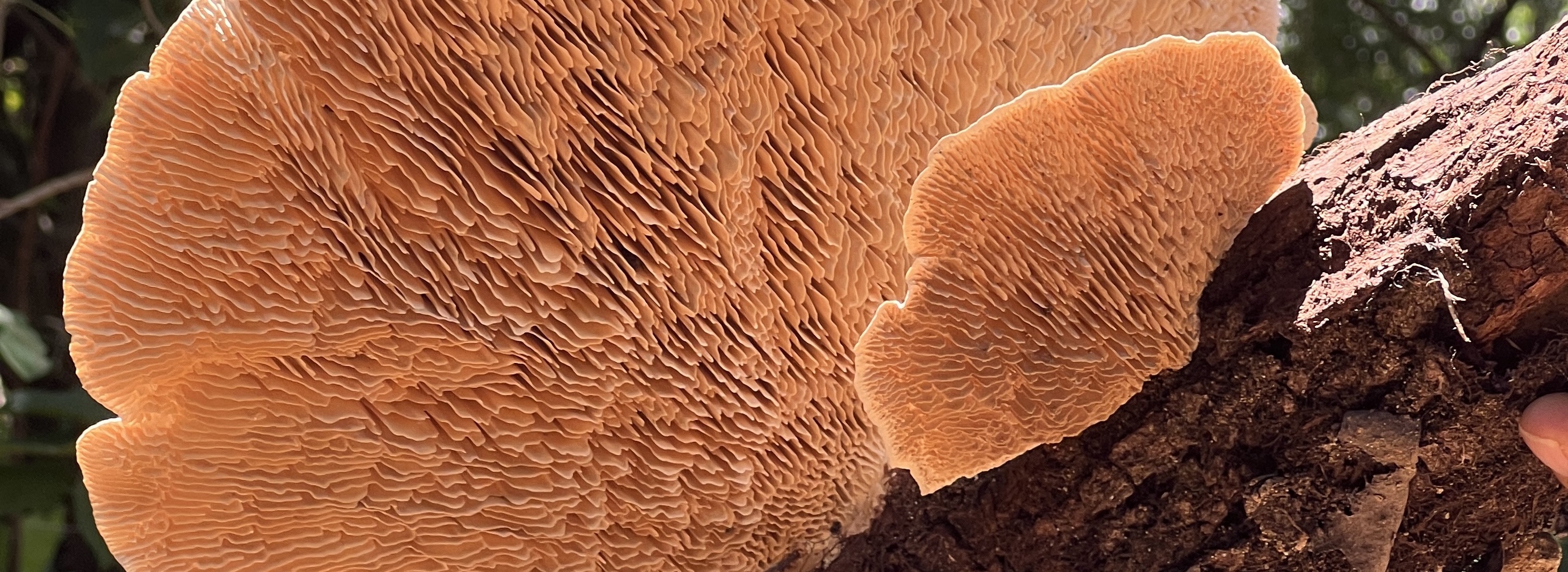
Monteverde Institute: Tropical Ecology and Conservation
Alternative Title
Preferencia de forrajeo de Atta cephalotes (Hymenoptera Formicidae)
Files
Download Full Text (208 KB)
Publication Date
November 2000
Abstract
Leaf cutter ants, Atta cephalotes, were found to make distinct tree species choices as herbivores in the premontane wet forest of Cerro Plano, Costa Rica. One trail from each of six nests was studied. Trail lengths varied, ranging from 3.30 m to 40.40m. Trees were identified along the trail, as well as the host tree at the end of the trails. Three leaves were taken from each tree and tested for toughness, thickness, and percent water content. The results for each test for each tree along a trail were compared to those for the host tree. The ants selected for thinner leaves. A simple regression correlated leaf thickness and toughness. Because of the range of toughness per leaf thickness, however, the results for leaf selection based on toughness were not consistently significant with regards to being more or less tough than the host tree, suggesting that selection for toughness is secondary to selection to thickness. Selection for water content also yielded significant results, though; once again, not consistently significant with regards to having more or less water than the host tree. Our data suggests that other factors play a role in host selection of Atta, and further investigation of their selectivity would draw a more complete picture.
Resumen
Las zompopas, Atta cephalotes, descubrieron ser especialistas en el bosque lluvioso de Cerro Plano en Monteverde, Costa Rica. Estudiamos seis nidos, un sendero de cada nido. Las longitudes de cada nido fueron diferentes, entre 12.30 y 40 metros. Identificamos los árboles a lo largo de los senderos, y los árboles anfitriones a los términos de los senderos. Tomamos tres hojas de cada árbol y pusimos cada hoja a prueba de espesor, dureza y contenido de agua. Comparamos los resultados todos de cada árbol con los resultados del árbol anfitrión. Los árboles anfitriones tenían hojas menos el espesor de las hojas de los árboles de los senderos. Es posible que las zompopas escogieran las plantas sin savia y terpenoids.
Keywords
Ants--Behavior, CIEE Fall 2000
Palabras claves
Hormigas--Comportamiento, CIEE Otoño 2000
Extent
14 pages
Geographic Location
Cerro Plano (Puntarenas, Costa Rica)
Holding Location
Monteverde Institute
Language
English; Spanish
Media Type
Articles
Format
Digital Only
Identifier
M39-00034
Type
Book
Recommended Citation
Klein, Laurel and Reid, Joseph, "Foraging preference of Atta cephalotes (Hymenoptera: Formicidae), November 2000" (2000). Monteverde Institute: Tropical Ecology and Conservation. 409.
https://digitalcommons.usf.edu/tropical_ecology/409


